Why Is My Cat Throwing Up After Having Vaccines? 3 Possible Reasons (Vet Answer)
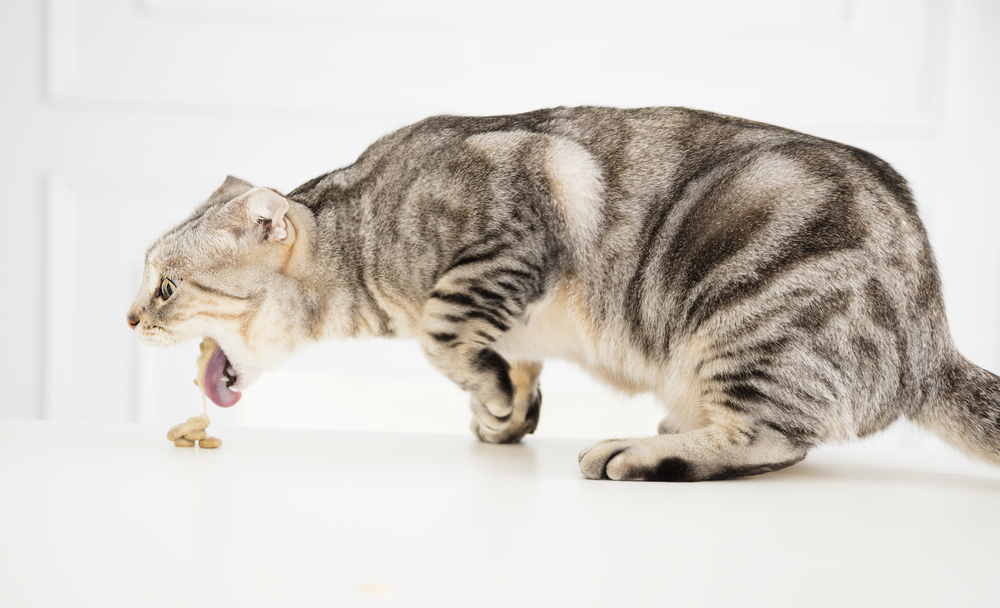
Routine physical examinations are an integral part of preventative pet care. It is at these appointments that vaccinations are typically administered to our companion animals. But what does it mean if your cat begins throwing up after having vaccinations?
Unfortunately, vomiting following vaccination administration could be a sign of a serious vaccine reaction. Continue reading below to learn about possible causes of vomiting following vaccine administration.

The 3 Reasons Your Cat Is Throwing Up After Having Vaccines
1. Vaccine Reactions
A common reason a cat exhibits vomiting following vaccination is due to an allergic reaction. Although vaccinations are made as safe as possible, individual sensitivities may exist. Some minor vaccine reactions may result in local discomfort or swelling, whereas more significant vaccine reactions can cause vomiting and signs of shock.
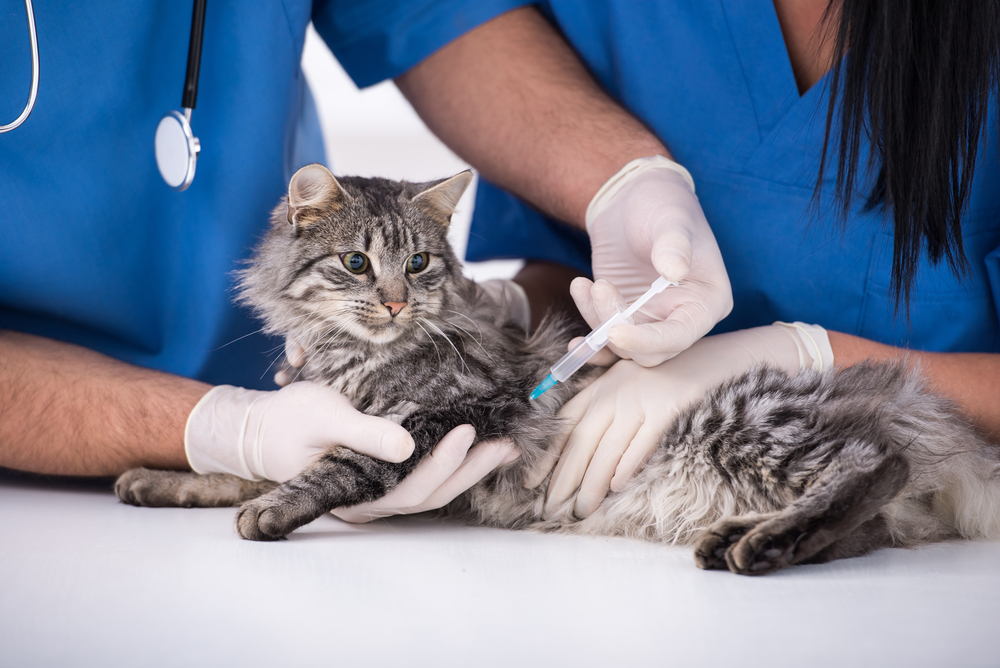
Typically, vomiting secondary to a vaccine reaction occurs quickly, usually within 30 minutes of the vaccine administration, although some responses may be delayed. If vomiting occurs in your recently vaccinated cat, your veterinarian should be contacted. If a vaccine reaction is suspected, interventions may be necessary, which could include the use of antihistamines, steroids, or even epinephrine.
Signs of Vaccine Reactions:
- Vomiting
- Diarrhea
- Weakness
- Respiratory distress
- Swelling
- Collapse
2. Anxiety
Although it doesn’t always occur, cats can vomit as a result of anxiety or stress. It is possible that your companion is experiencing anxiety secondary to the events of the day. Prior to future appointments, your veterinarian may recommend administering medication to help reduce your companion’s anxiety and fear. In cats, gabapentin is often used for this purpose. Taking steps to minimize appointment-related anxiety can be beneficial, including the use of pheromones and desensitization.
3. Motion Sickness
For most cats, a vet visit means a short road trip. Whereas some animals may handle this very well, other cats may be very sensitive to motion sickness. It is helpful to keep your pet in a carrier they are accustomed to and keep the car quiet and cool. If vomiting is due to motion sickness, your vet may recommend withholding food prior to the appointment, as well as recommend administering a medication like Cerenia®, an anti-nausea medication used for motion sickness.
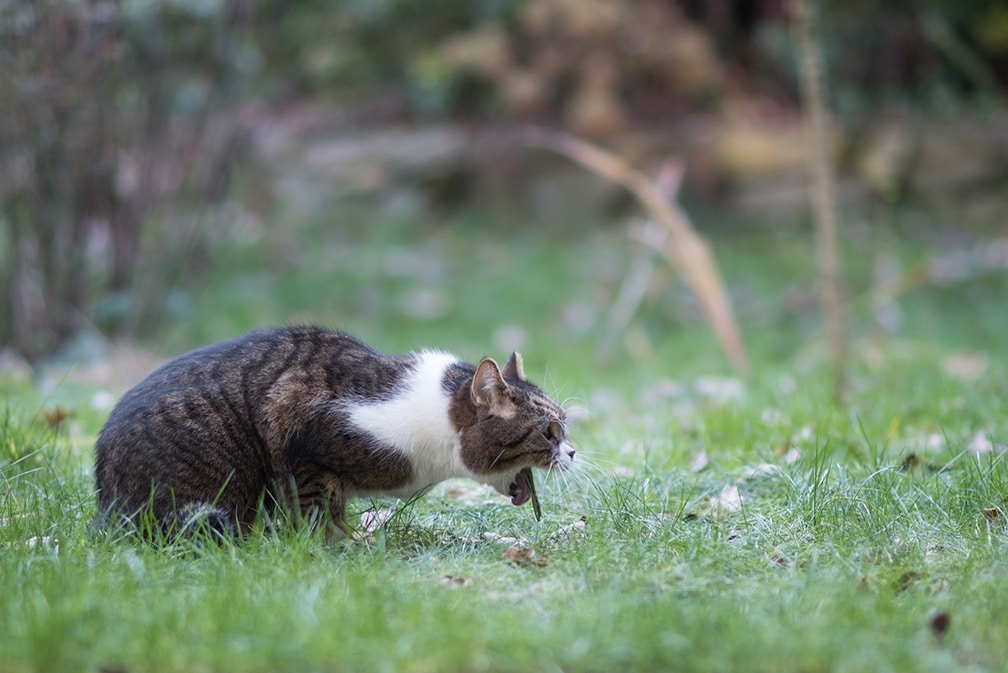

Differentiating the Cause of Vomiting
Determining the cause of vomiting may be difficult. It will be important to closely observe your companion for any other signs of illness and to note time frames in which vomiting has occurred. Be sure to seek veterinary care if any other signs of anaphylaxis are present, or if your cat vomits repeatedly. If you are unsure how to proceed with your pet, reach out to your local veterinarian or emergency veterinarian for guidance.
Pre-Treating Vaccine Reactions
In the future, prior to any other vaccinations, it will be important to mention to your veterinarian any previous vaccine reactions or suspected vaccine reactions that your pet has experienced. Animals who have had vaccine reactions previously may be pre-treated with medications to minimize the chance of a reaction occurring again and may be encouraged to allow their pet to stay at the veterinary office all day for observation.
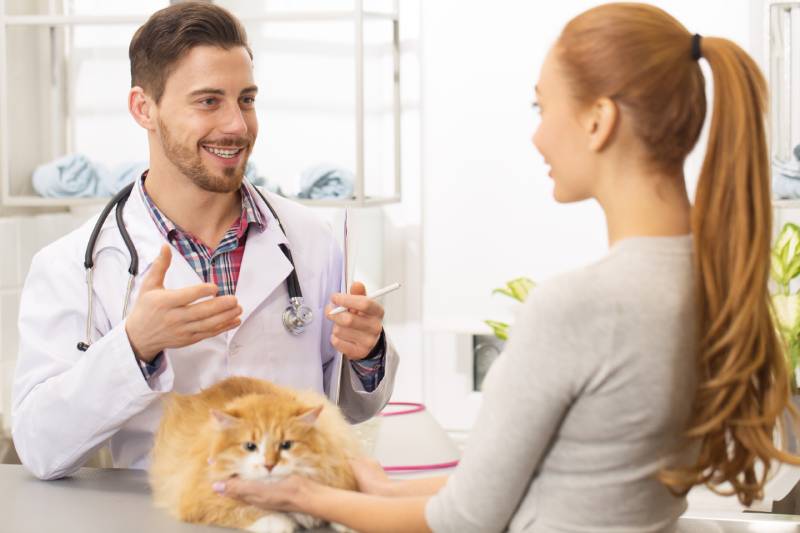

In Summary
Vomiting following vaccination should always be taken seriously. It will be critical to closely observe your feline companion for signs of their condition worsening, and be ready to seek veterinary care if needed. Although stress and motion sickness can both lead to vomiting, the possibility of a vaccine reaction is much more concerning. Veterinary care should be immediately sought out if there is a concern of possible anaphylaxis.
Featured Image Credit: Tom Wang, Shutterstock


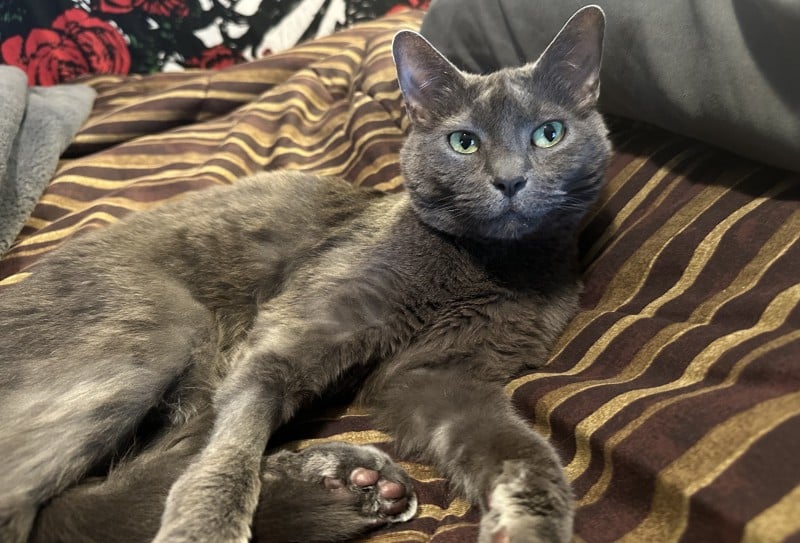
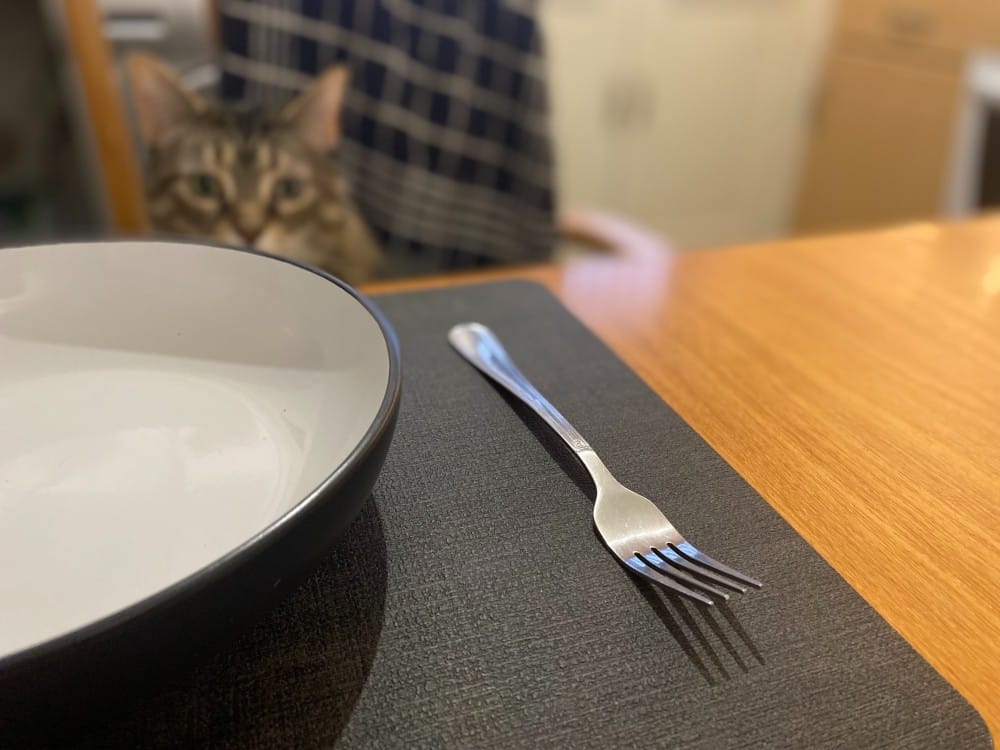
Leave a Comment